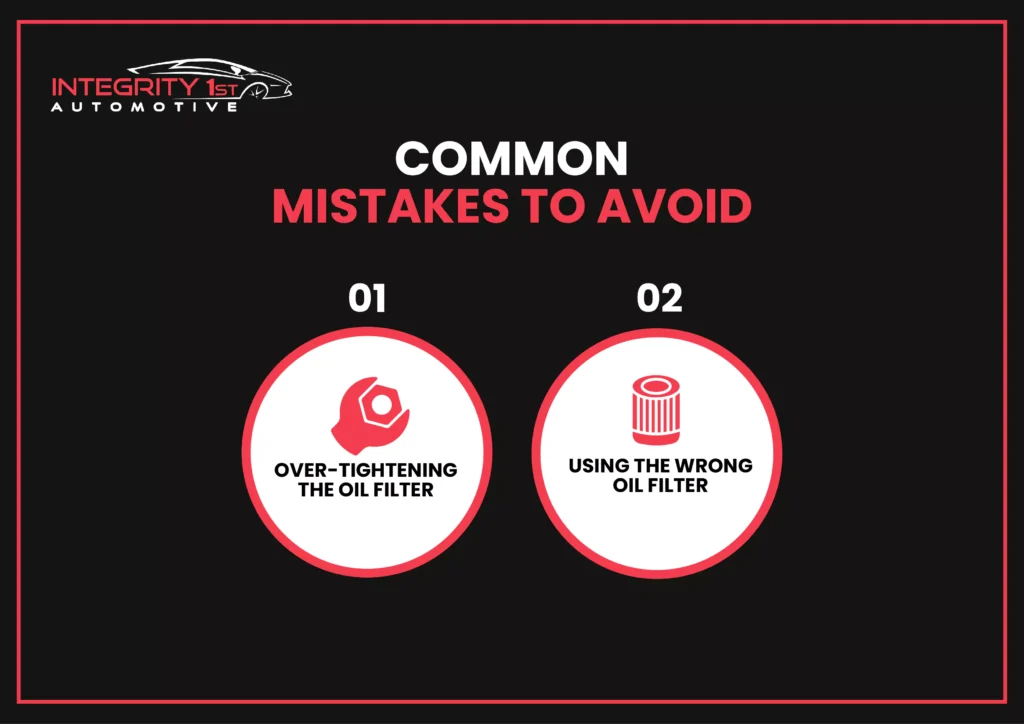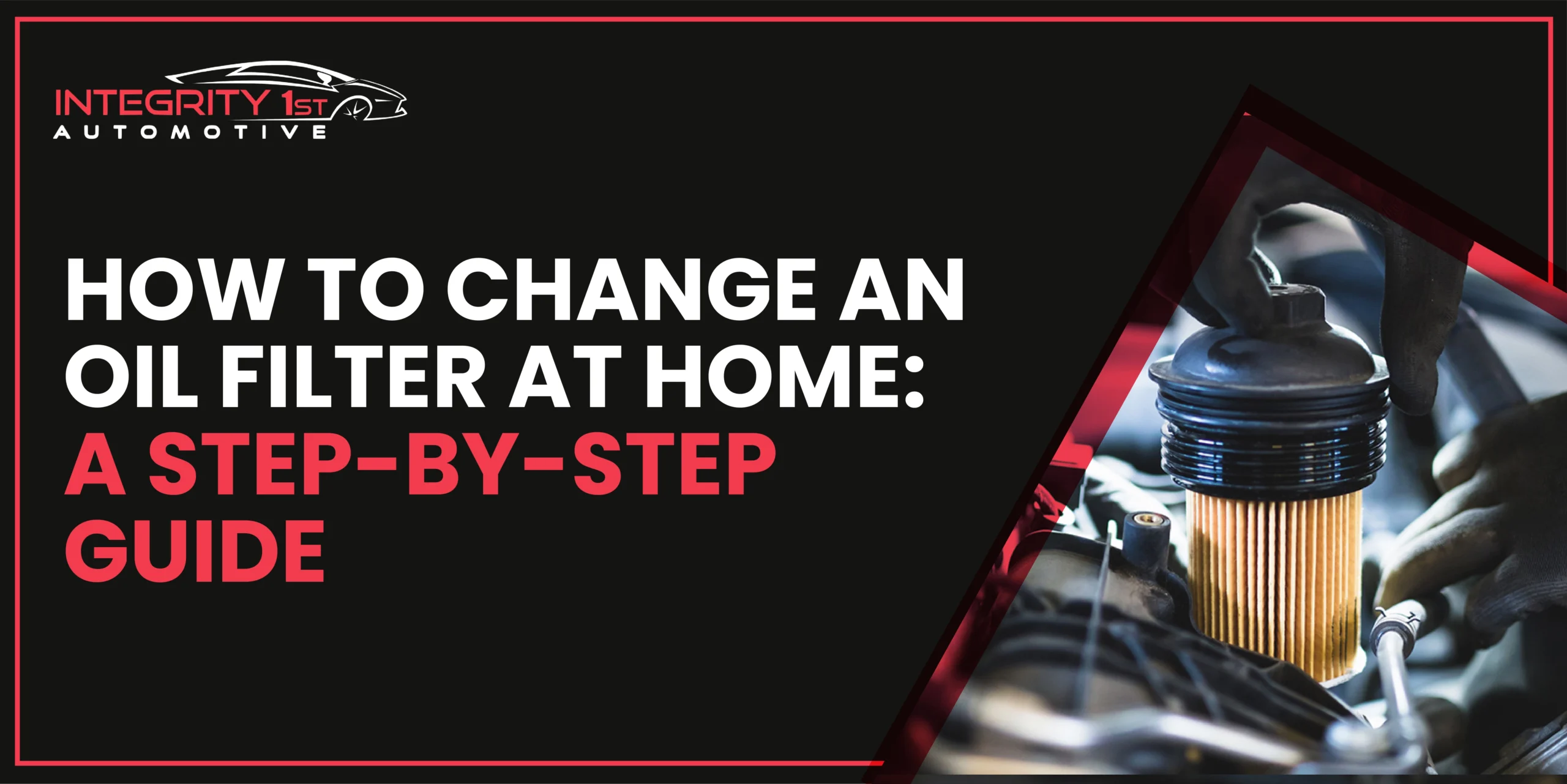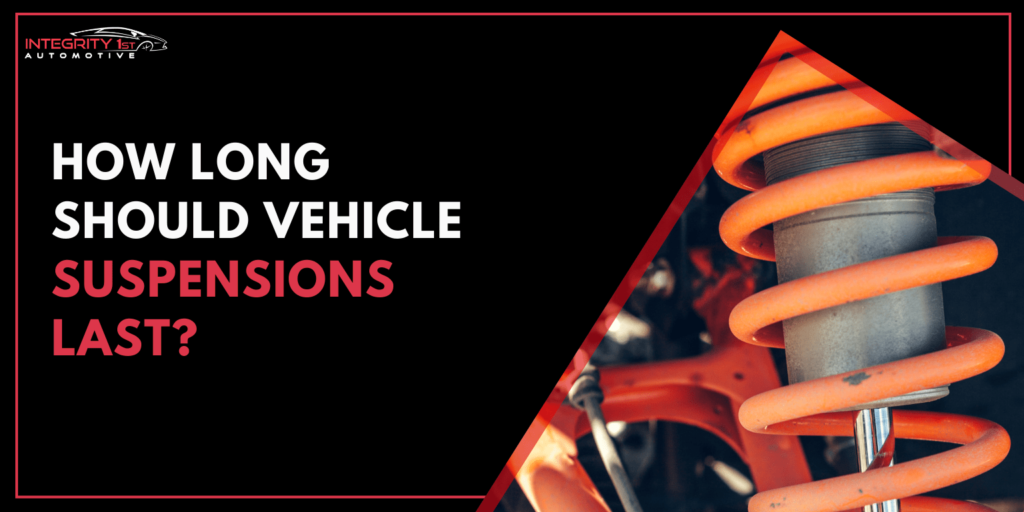If you’ve ever thought, “How to change an oil filter”, this article is for you!
Ever wondered why your car’s engine sounds like a rusty old can after a long drive? It might be time to change your oil filter.
Oil filters are often overlooked in car maintenance, but they play a crucial role in keeping your engine running smoothly. Think of them as the kidneys of your car, filtering out harmful contaminants that can clog and damage your engine’s vital components.
While many of us know that regular oil changes are essential, the question remains:
is it necessary to change the oil filter with every oil change?
The answer is a resounding “yes.”
Not only is oil filter replacement cheap insurance against potential engine damage, but it’s also a relatively simple task that can be completed in a matter of minutes.
In this article, we’ll discuss the importance of changing oil filters, explore the potential dangers of neglecting this vital maintenance step, and provide a step-by-step guide on how to change an oil filter yourself.
So, let’s get started!
Why You Need to Change Your Oil Filter
The oil filter plays a vital role in your engine’s health. That’s because a running engine produces a lot of waste, including metal shavings, dirt, and other contaminants, harmful to the delicate components of your vehicle. For example, bearings, pistons, and valves. To understand more about how this crucial component operates, check out how oil filters work.
When oil circulates through the engine, it passes through the oil filter that traps contaminants, dirt, and other debris so they don’t enter the engine’s components.
If you don’t opt for an oil filter change, it can become clogged, restricting oil flow, and leading to premature wear and damage to the components. Therefore, performing car oil filter changes should be done after each oil change.
Here’s how oil filter change helps your vehicle:
Prolongs Engine Life
Regular oil filter change keeps your engine clean. Also, it prevents the contaminants from getting in there and causing wear and tear, extending the lifespan of your vehicle.
Maintains Optimal Engine Performance
Oil filters keep your engine clean and a clean engine operates more smoothly. It also leads to better fuel economy and improved acceleration.
What You’ll Need to Change Your Oil Filter
Changing or replacing your oil filter is a straightforward process that can be done at home with the right tools, supplies, and knowledge.

The tools and supplies needed for basic oil filter change are as follows:
- Floor jack and jack stands to raise your vehicle off the ground
- Oil filter wrench to remove the old oil filter
- Drain pan or bucket for the used oil
- A new oil filter compatible with your vehicle
- Fresh engine oil with the correct oil type and viscosity, suitable for your vehicle
- Torque wrench to tighten the new oil filter
A Detailed Step-by-Step Guide on How to Change Oil Filter
Wondering how to replace engine oil and filter? We’ll take you through this step-by-step guide that explains everything in detail.
- Engage the parking brake and park your vehicle on a level surface to prevent accidents.
- Run the engine for a few minutes and warm up the oil to drain it more easily.
- Using your vehicle’s owner’s manual check out where is oil filter located. Usually, it’s found near the engine block on the driver’s side.
- Put the drain pan directly beneath the oil filter to collect the used oil
- Using the filter oil wrench, loose the oil filter
- Let the oil drain completely into the pan. This might take a few minutes
- Remove the old oil filter once the oil has completely drained and set it aside for disposal
- Wipe the mounting surface off any cloth
- On the gasket of the new oil filter, apply a thin coat of fresh engine oil
- Install the new oil filter onto the mounting surface
- Using the oil filter wrench, tighten the filter as per the specified torque specification
- Consult your vehicle’s owner’s manual for the correct amount and viscosity of the oil type
- Add new engine oil through the fill cap
- Use a dipstick to check the oil level. It should be between the “Full” and “Add” marks.
- Start the engine for a few minutes to circulate the oil
- Check for any potential leaks. In case of any, tighten the connections and replace the gasket if needed
- Properly dispose of the old oil and old oil filter at a recycling facility
Why is it Important to Use Quality Oil Filters?
The market is flooded with many oil filter options of different price groups. While it’s tempting to save money and opt for the cheapest option, it’s important to consider the quality of oil filters for your engine’s health and performance.

Superior Filtration
Investing in high-quality oil filters allows you to collect more contaminants, dirt, and debris with smaller particles to avoid engine wear. As a result, your engine remains clean, running smoothly and more efficiently.
Better Engine Protection
Premium oil filters not only prevent harmful contaminants from entering the oil but also help reduce the chances of oil leaks, ensuring your engine is better protected and lasts longer. If you’re dealing with oil leaks or want to learn more about how to identify them, check out our guide on how to find an oil leak for helpful tips.
Peace of Mind
Knowing that you’re using your engine-appropriate, premium-quality oil filters gives complete peace of mind with the optimal performance your engine deserves!
Tips for Changing Your Oil Filter
Planning to change your oil filter at home? Keep these expert tips for a smooth filter change in mind.
- Always work on a clean, level surface to avoid spills
- Make sure you have all the available necessary tools before starting to change your oil filter
- Never forget to wear gloves, safety glasses, and old clothes for your protection
- Use a torque wrench and avoid over-tightening or under-tightening the new oil filter
- After oil filter replacement, make sure to dispose of the used oil and filter at a recycling facility to contribute to a healthy environment
Common Mistakes to Avoid
Many people and some novice technicians make these common mistakes while changing the oil filter.

Over-tightening the Oil Filter
If you over-tighten the oil filter, it may damage the oil filter gasket which may cause leaks. Therefore, we recommend using a torque wrench and religiously following the manufacturer’s specifications for a smoother replacement.
Using the Wrong Oil Filter
Using an oil filter that is incompatible with your vehicle results in poor performance, reduced engine protection, and ultimately engine damage. It’s important to use the right oil filter.
For this, you can consult your vehicle’s owner’s manual to ensure you’re using the correct filter.
Let’s Get You An Oil Filter
Many people prefer replacing their oil filters at home while some like to have a professional do this job.
If you want to DIY oil filter replacement, make sure you’re well-equipped and informed about the tools and resources.
However, if you’re unsure about your abilities and have little to no knowledge about the mechanical stuff, it’s best to leave the job to the professionals.
When choosing a professional oil filter replacement technician, always look for reviews and a track record of their service. Also, never forget to check their experience with the oil filter replacement and inquire about the warranty on the oil filter and labor.
If you’re in Texas and nearby areas, Integrity 1st Automotive offers professional oil filter replacement at market-competitive prices. We have a team of expert mechanics that use high-quality oil filters, suitable for the make and model of your vehicle. Besides oil filter replacement, we provide a range of other automotive services, such as oil changes, tire rotations, brake inspections, etc.
Schedule an appointment with us today and get your oil filter replaced.
Now You Know How to Change an Oil Filter
Now you how to change an oil filter and how regularly changing your oil filter is a crucial part of maintaining your vehicle’s health and performance. You can DIY oil filter replacement at home or get it done by a certified professional following the steps mentioned in this article.
Whatever you decide, make sure to use high-quality oil filters to protect your engine and prolong its overall health. According to experts, the recommended replacement interval for oil filters is after every oil change. However, it’s always best to consult your owner’s manual or a professional mechanic for specific guidelines.
If you’re looking for the best oil filter change service providers near you, consult Integrity 1st Automotive for all things related to automation.
FAQs
What Is An Oil Filter?
An oil filter is an important component in your vehicle that removes contaminants from your engine oil, keeping it clean and running smoothly.
Why Is It Important To Change Your Oil Filter Regularly?
It’s important to change your oil filter regularly to prevent contaminants from entering your engine oil.
Can I Change My Oil Filter Without Changing My Oil?
No, it’s crucial to change your oil for changing the oil filter.
How Do I Know When It’s Time To Change My Oil Filter?
It is recommended to change the oil filter after every oil change. However, consult your owner’s manual for more specific information related to oil filter change.
Can I Reuse An Old Oil Filter?
Avoid reusing an old oil filter because it may be saturated with contaminants and ineffective in filtering the oil altogether.




